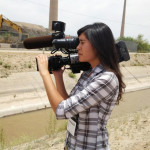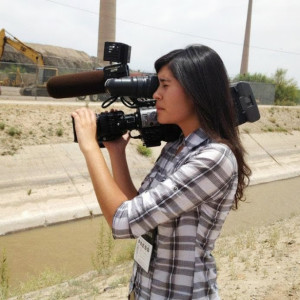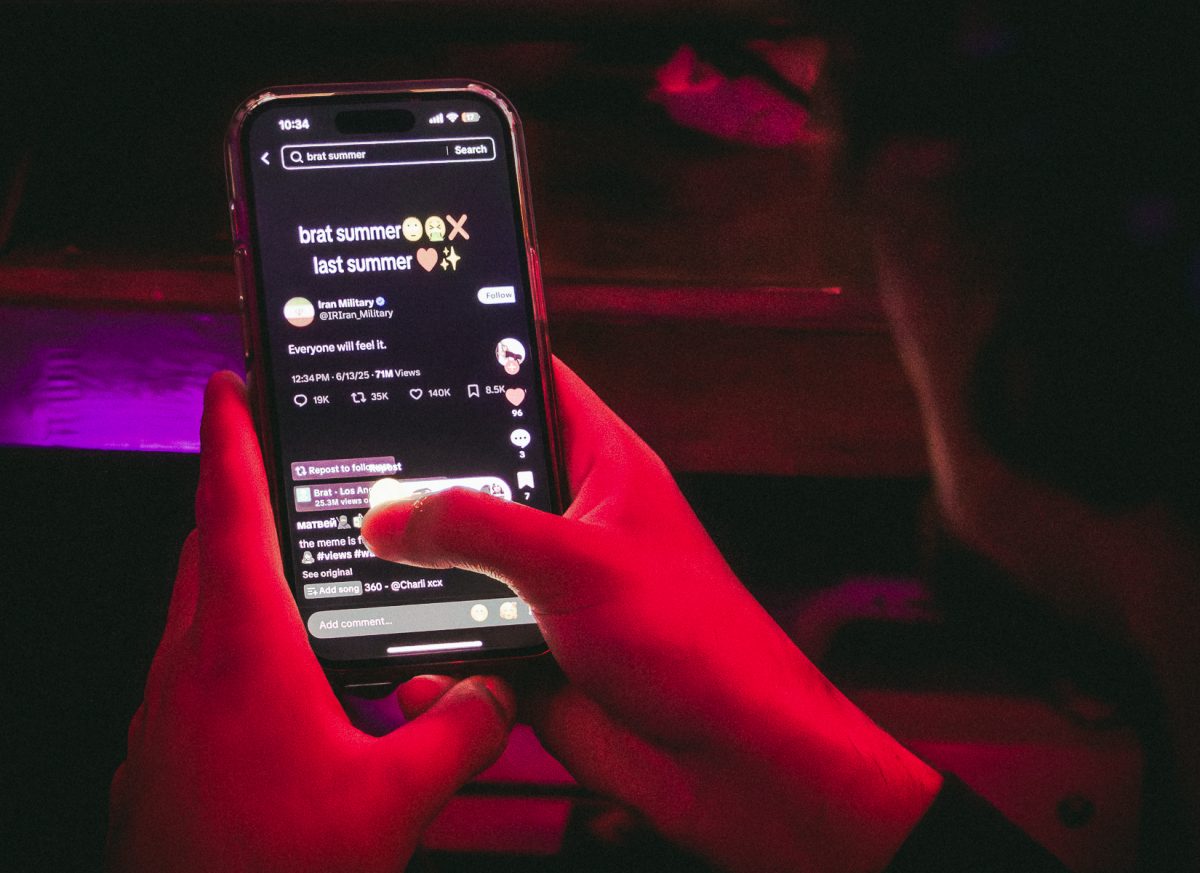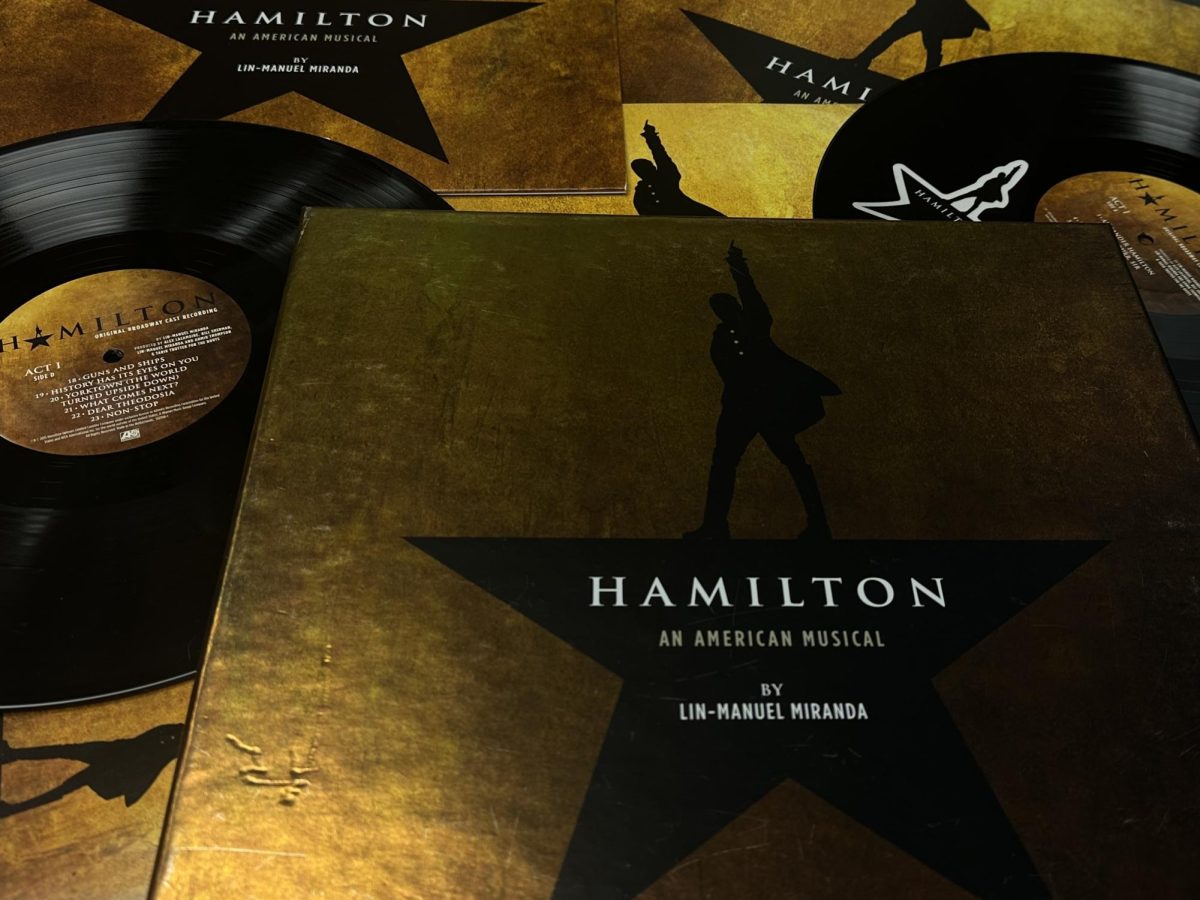Channeling my inner Ted Mosby, Kids, I’m going to tell you the story of how I learned the damage of a simple catcall.
Now, in case you don’t know, catcalling is something that happens on a regular basis. A girl is walking down the street, minding her own business, and someone decides to single her out with a very public compliment—using that term loosely—or greeting. This is sometimes done with a simple, “How are you doing?” or “Hey, babe.” Sometimes words aren’t even used, and a man will decide to whistle at her or make some other inappropriate gesture.
So, back to my story. In the spring of 2013, I was very lucky to find myself in Washington, D.C. I was working as a reporting intern and I had made myself some pretty amazing friends. You know your Aunt Jess and Aunt Basi. Your uncles Ian and Ryan were there too.
It was a Friday night. We had just left work and decided to head down the street for a night at Adam’s Morgan, a block made up of bars, clubs and restaurants. It was the perfect place for a group of 20-somethings.
So we had our fun, and before we knew it, it was time for last call. Jess, Basi and I began walking up the street to get to the bus home. That’s when it happened.
“Mmm, girl, I know you want your ovaries licked,” he said, as he looked us up and down. And the other guys around him laughed.
I began to think that maybe I was dressed inappropriately, or maybe he saw that I had been at a bar and thought I was looking to hook up. I felt disgusted by him, but also ashamed, insecure and embarrassed.
But as my time in D.C. progressed, and I began walking home alone more often, I learned a few things. One was I had to expect that I was going to be catcalled at least a few times a week. Next I learned that it wasn’t my fault.
I began realizing that catcalling has nothing to do with how attractive you are or what your demeanor is—sometimes it doesn’t even matter how you’re dressed—catcalling has everything to do with how comfortable a man feels singling you out in front of everyone. It’s societal.
Yes, kids, we were hanging out at a bar that night, but if there’s one lesson I want you to get out of this story, it’s that no one has the right to harass you, and in-turn, you should never feel entitled to disrespect anyone.
There were a lot of awful things we had to face just trying to get from home to work and back every day.
There was one time a man yelled out to your Aunt Basi and said: “Damn, you’re the thickest Asian I’ve ever seen.”
Or the time I was on an escalator at a mall in Virginia and the man behind me started telling his friends that he couldn’t control how hard he was getting.
Then there was the time a woman got stabbed right outside our apartment in the Petworth neighborhood.
Kids, these things are serious.
There are people who have attempted to showcase this, like the Hollaback organization that is trying to end street harassment. Their video featuring a woman walking down the streets of New York for 10 hours is a good example, but they’ve been met with mockery by both genders.
A lot of people say: “don’t overreact,” or “it’s just a compliment.” I’ve heard men call the video “an attempt to spread hatred of men.”
Blogger Anna Jorgensen wrote that women should thank the men who catcall them. She said, “Saying ‘thank you’ isn’t going to get us raped or killed. I’d venture to suggest that saying ‘thank you’ may do just the opposite—rebuild the innate nature of men to protect us women from all dangers—including ill-intentioned men.”
Kids, it’s not a good thing that some men feel so confident to call a woman out on the street. And it’s not okay that women take the blame or deal with the consequences of their behavior.
That night going home from Adam’s Morgan, Jess, Basi and I waited at a nearby McDonalds for Ian and Ryan to catch up with us. We knew it wasn’t a good idea to walk home without them around.
And that, kids, is how I learned the damage of a simple catcall.
Jasmine Aguilera may be reached at [email protected].







